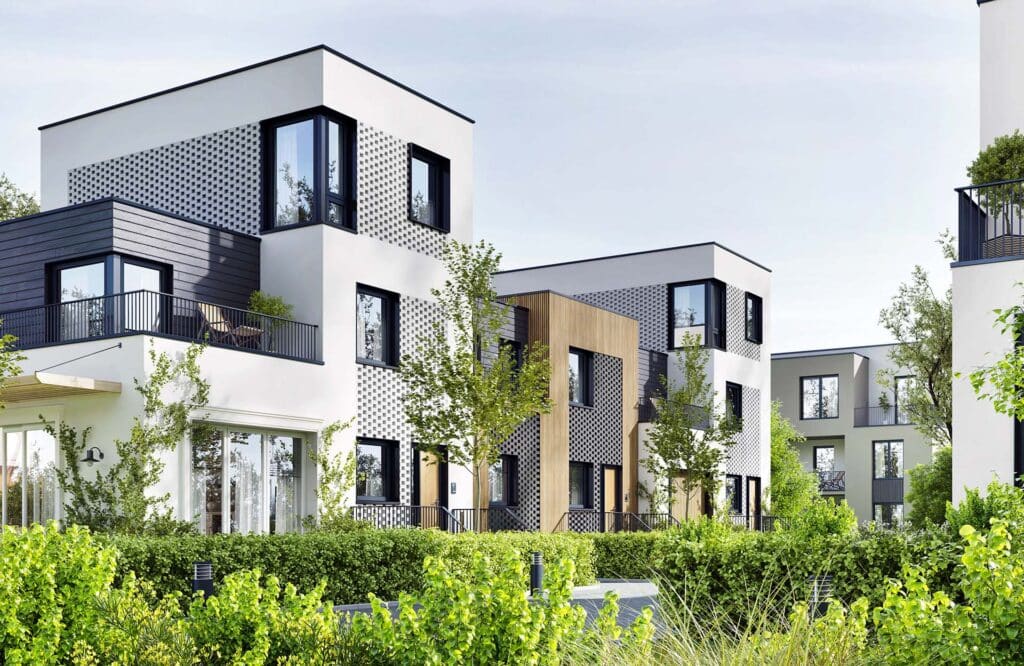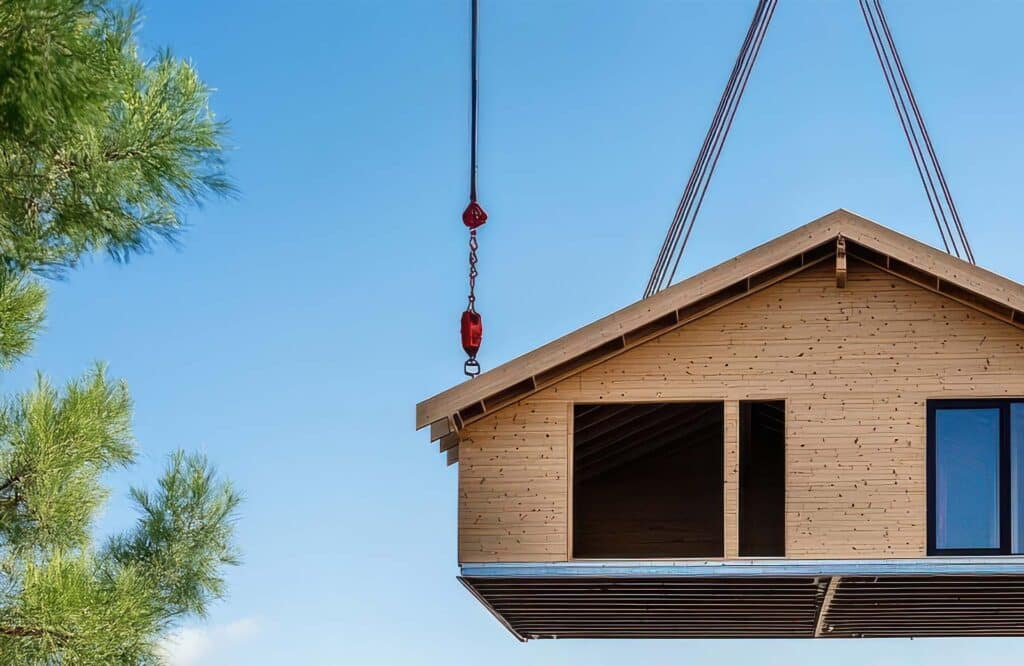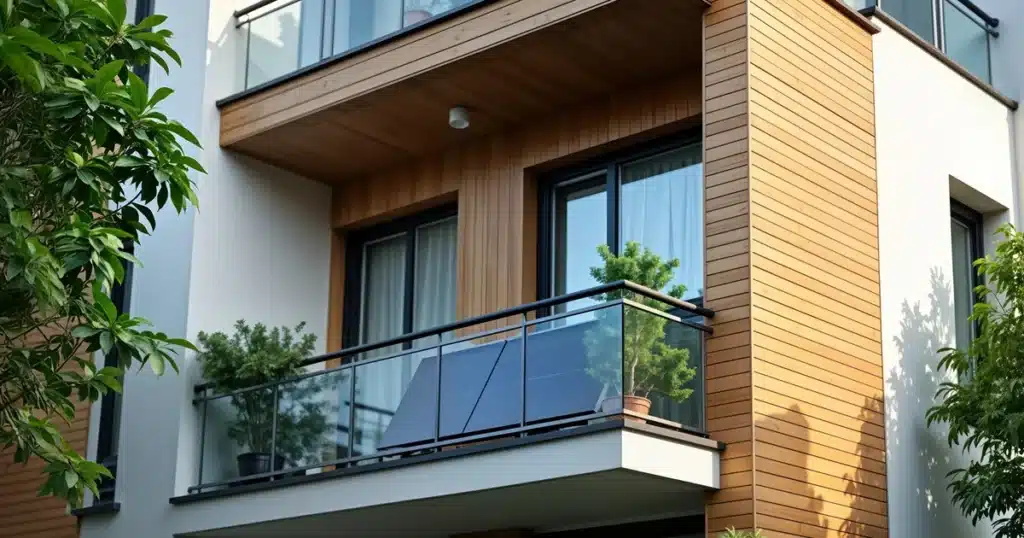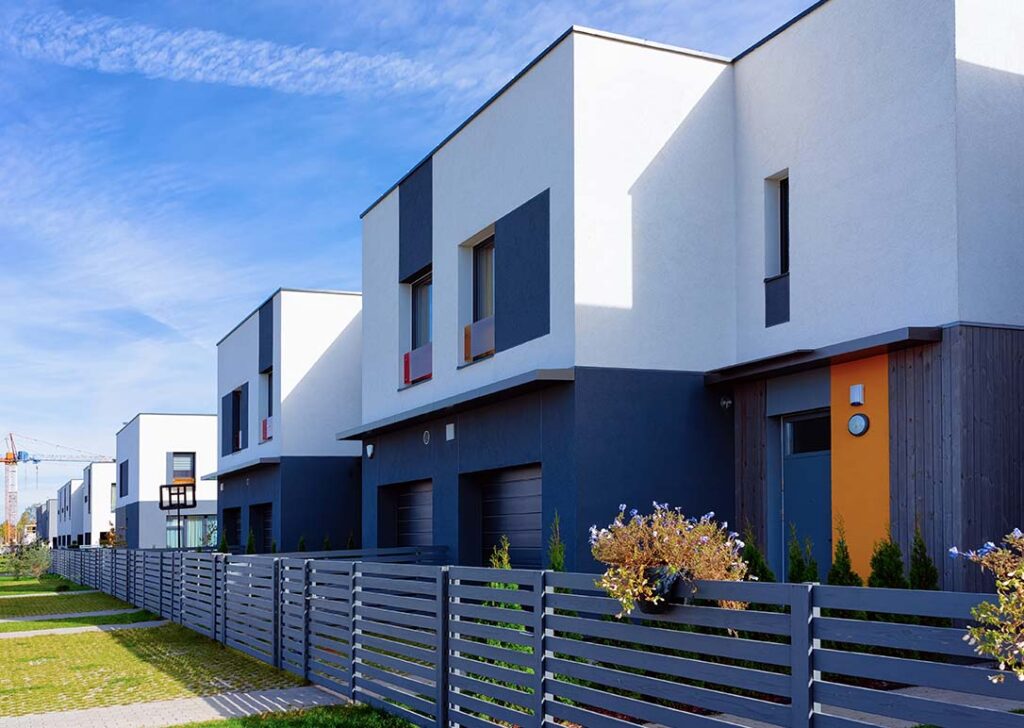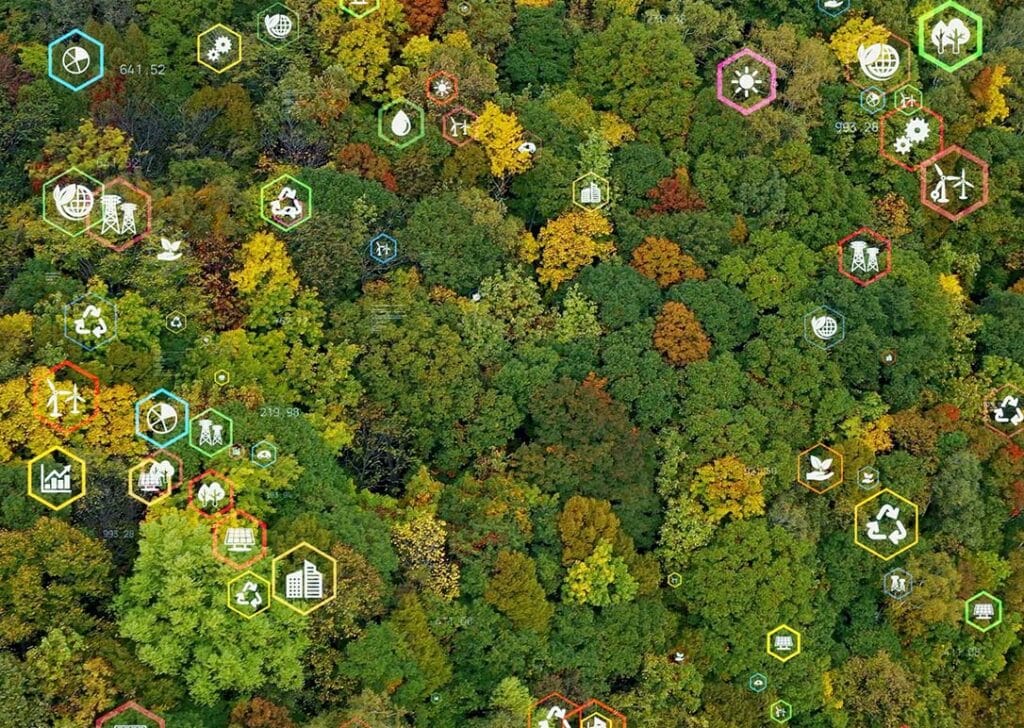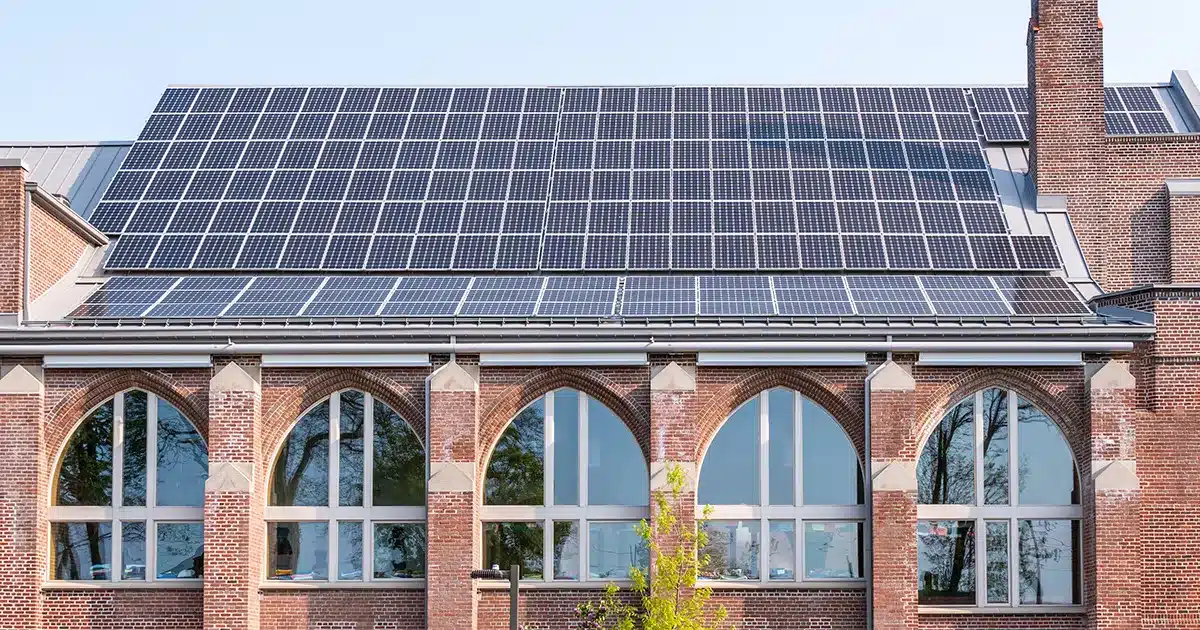Demystifying the BASIX Assessment Process
Recent research indicates Australians are increasingly influenced by sustainability considerations in property decisions. Green homes have been shown to attract 16.7% greater buyer interest and sell 4% quicker. But for builders, developers and industry professionals in NSW, meeting these considerations is about more than providing market value or contributing to a sustainable future. The Building […]
Demystifying the BASIX Assessment Process Read More »



